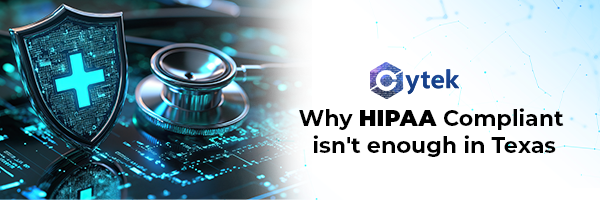Why Dental practice needs a Dental Compliance Program

Should dental practice have a compliance program? The compliance program is a requirement for all the health care industry. In the dental practice area, this has been given less importance. Maybe the reason is that the dental industry provides very little medical reimbursement involved in the usual dental practice. As much of the reason for compliance program involves Medicare enforcement actions. However dental practices not practicing dental compliance programs are under risk.
Dental practices must maintain a systematic process to assure compliance with OSHA regulations, HIPAA and state privacy regulations, and other federal and state rules and regulations. These regulatory areas are subject to governmental oversight and include periodic audits and inspection. Some of these areas are not subject to aggressive enforcement. Although some areas are not subject to aggressive enforcement it can cause the dental practice to liability if a complaint is made by employee, patient, employer, or other individuals. For a dental practice to actively operate a robust compliance program is required.
I want to briefly describe some basic elements of a compliance program.
- Appoint a high ranking member of management to act as a compliance officer. The compliance program structure can be scalable to the size of the resources and complexity of the business. Conducting internal monitoring and auditing is required.
- Implementing compliance and organizational standards through written standards and procedures. Compliance policies should describe the process to be used to conduct ongoing compliance activities. Compliance policies will define compliance operations and will also outline requirements in risk areas in dental practice.
- Employees, contractors, and others must be properly educated and trained on basic compliance program elements and risk areas that apply to their job.
- Create a compliance reporting system ad protect those who make complaints from retribution.
- Enforcing disciplinary standards so that the employees hold the responsibility for following the compliance requirement.
- Operating a system to identify the areas of potential compliance risk within the practice.
- Maintaining a system of appropriate responding to the compliance program and to create appropriate corrective action.
If these elements are in place through the adoption and operation of appropriate policies and standards establishes the central elements of the compliance process. A compliance program must be continually operated. It is not a one time process. It helps to identify risk in a practice manner. The compliance officer should take responsibility for assuring the continued operation in the program.
In a dental practice risk areas includes reimbursement rules, licensing and certification standards, OSHA regulations, HIPAA and state patient privacy laws, infection control standards, documentation requirements, radiation regulations and standards, controlled substance regulation, and federal regulatory requirement. A dental compliance program will help to identify risk and proactively examine potential areas of risk to determine compliance. An actively operating compliance program is a necessary element for a dental practice.

 ">
">
 ">
">